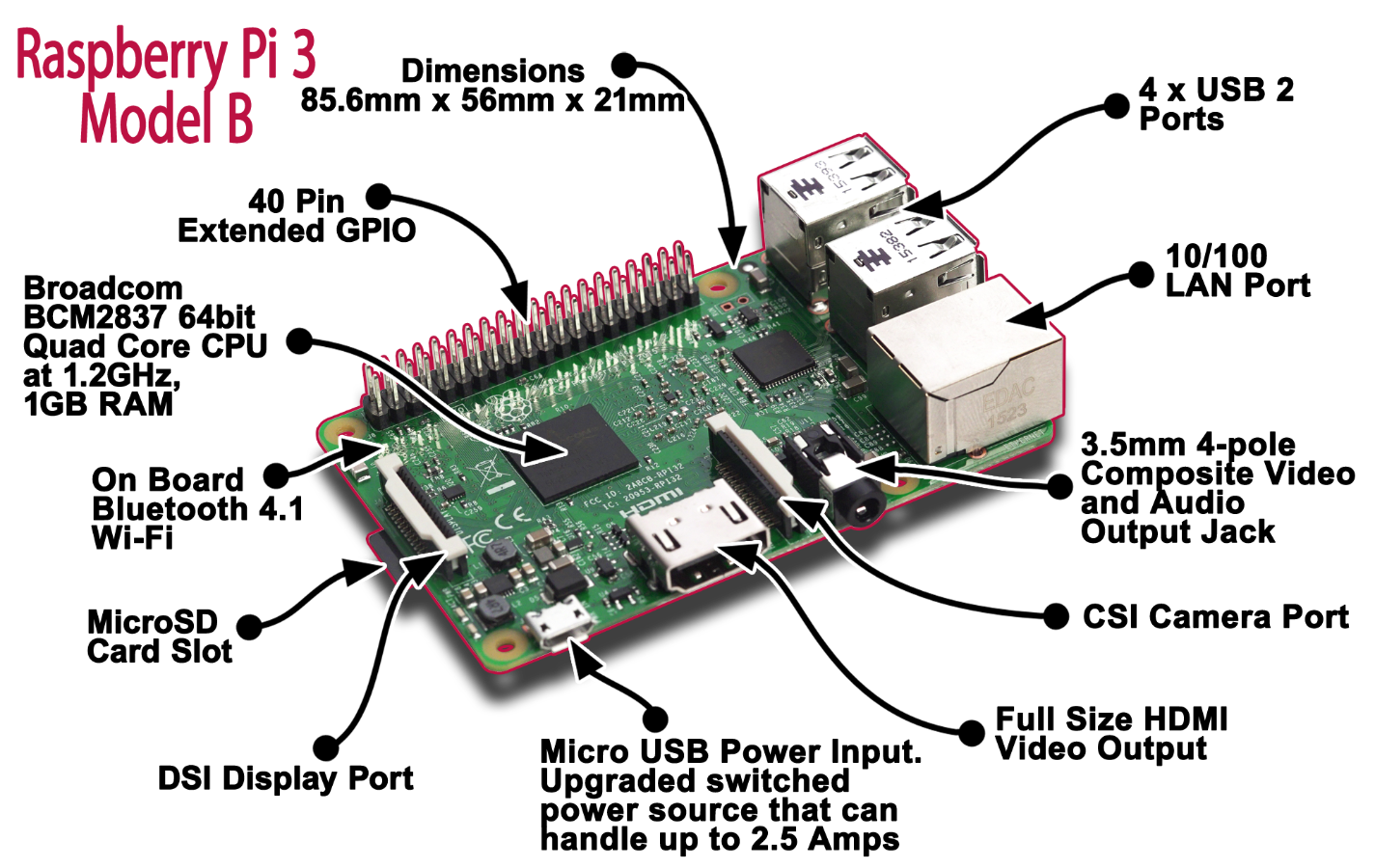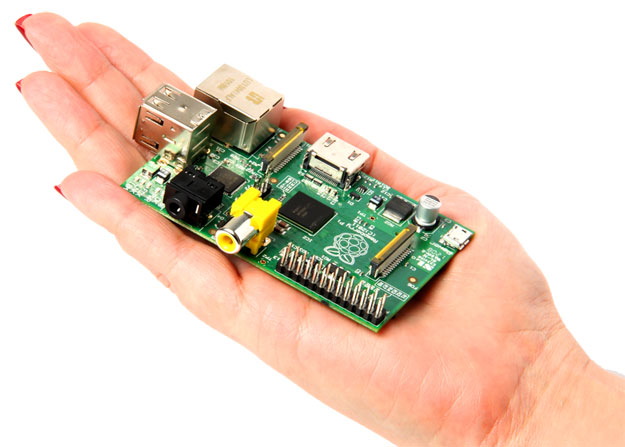For those who don't know, a Raspberry Pi is a brand of very small, very cheap and yet powerful computers. These Pi computers come in a few flavors, from the $5 Pi Zero to the $40 Pi 3 Model B.
These little computers run Linux, and if you plug in a keyboard, a mouse, and an HD monitor, you have a full blown WIFI enabled PC that comes with LibreOffice, Python programming, and more. The Arduino is a similar low cost computer that you may have heard of. So, all of this sounds pretty much like hobby material and for sure these little computers are parts of a lot of hobby projects. They even find their way into projects like the Union-Endicott Tigertronics FIRST Team 2053's competition robots (Find out more about Tigertronics here).
So, what does that have to do with industrial automation? In addition to running the sprinkler systems for engineers with too much spare time, they are also an excellent proving ground for the advancing Industrial Internet of Things (IIoT). Powerful, cheap, and small is the perfect description of an "edge device". An "edge device" in IoT can be a sensor mounted under a manhole somewhere, or a gateway that brings in a number of smart sensors, or something like the Pi that can perhaps bring in sensor data and preprocess it before transmitting it to the IoT system in the cloud.
North Point has a Pi computer in our lab (ours is a Pi 3 Model B), and we have successfully connected it to our Google cloud-hosted MQTT broker (Inductive Automation Ignition in this case). The Pi is performing calculations and receiving user input via buttons, and the cloud hosted system is turning on outputs at the Pi. This simple demo is powerful in what it implies- a $40 hobby computer that can run on batteries can connect with cloud SCADA without pre-configuration of the SCADA. Shipped with the proper programming, hundreds or thousands of these devices could connect from anywhere in the world. Hundreds or thousands of other edge devices or gateways at the same time, all feeding data to analytical programs and allowing two way communication and control. That's the Internet of Things.
The Raspberry Pi may not be the right edge device to deploy in industrial or critical IoT situations. It is not industrially hardened in any way. But, there are industrial versions of this same technology out there and we met many of them at the recent Inductive Automation ICC2016 conference. But, the Pi proves it's point.




